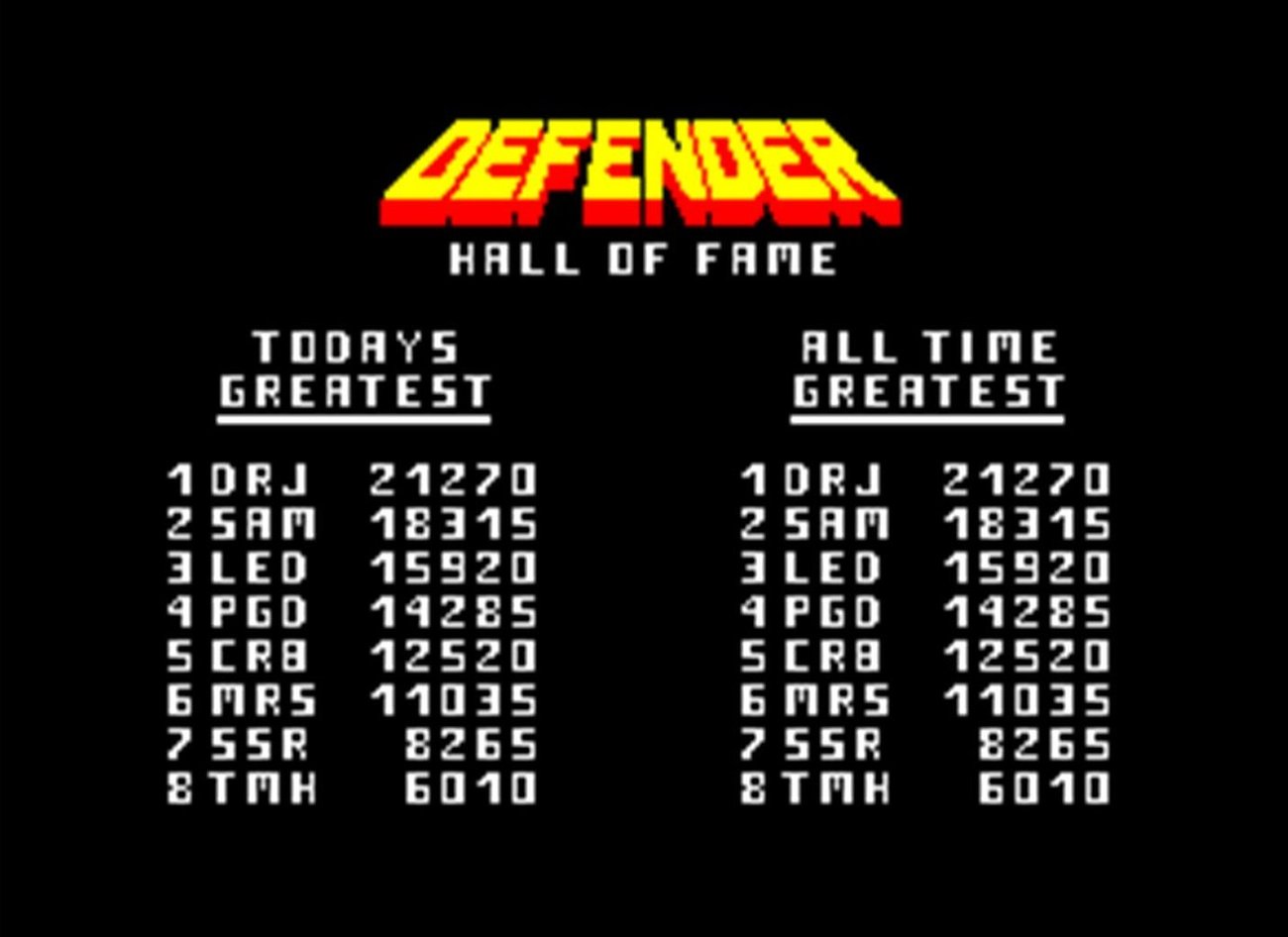
Nearly $90 million is no small chunk of change, but when compared to $17 billion, it kind of is. And although the US video game industry (which garnered about $16.97 billion in 2015) dwarfs New Zealand’s, the fact that Kiwi game developers raked in $88.9 million in the year ending March 31, 2016, according to an independent survey of 38 New Zealand Game Developers Association studios, shows they’re moving up the leaderboards. And with 92 percent of that revenue (meaning $81.79 million) coming from exports of interactive software and online services, that leaderboard score is getting seen by a worldwide audience.

In March this year, the Interactive Games & Entertainment Association (IGEA) reported that sales of interactive entertainment games hit $392 million in 2015, up 13 percent from 2014. So clearly, gamers are still gaming.
“Entertainment software and apps continue to be one of New Zealand’s fastest growing hi-tech creative exports,” says NZ Game Developers Association Chairperson Stephen Knightly. “The successful New Zealand studios have consistently grown their audiences and attracted fans around the world. They’ve become sustainable independent publishers and proven that they are not one-hit wonders but are smart digital exporters.”
The growth of the industry comes even as the Land of the Long White Cloud’s biggest game studio, Gameloft New Zealand, shut down in January, resulting in 150 jobs being axed. But new hires across the industry meant only 93 game developing jobs were lost overall, with about 475 people directly working in the industry.
“Gameloft’s closure hasn’t slowed the industry’s growth and ultimately strengthened our ecosystem,” says Knightly. “The international investment from Gameloft provided professional experience and upskilling for many developers and artists, at a time when our rapid growth led to a shortage of experienced developers. Many former Gameloft staff quickly joined local studios or have gone on to create their own startups.”
Like a plucky pixelated hero embarking on a new quest, that seems to be the case. Developer Dean Hall, creator of the surprise hit DayZ, has established his new Rocketwerkz studio in Dunedin. Two other international studios, Climax and Artrix, have also opened offices in New Zealand in the past year. In all, studios are predicting to add 98 jobs between now and this time next year.
While the vast majority of studios remain locally owned and are independent self-publishers that sell their games direct to consumers on digital platforms, such a focus is continuing to earn acclaim; in March Wellington’s Dinosaur Polo Club was nominated for a BAFTA, as well as four awards (including the Grand Prize) at the Independent Games Festival in San Francisco for their puzzle game Mini Metro.
But the industry isn’t exactly running with cheats enabled. Attracting early stage funding was cited as a concern for 48 percent of studios in the survey, with expansion capital an issue for 35 percent. Other challenges included skills shortages (47 percent), developing business skills (43 percent), attracting international projects (23 per cent), accessing technology partners (22 percent) and employing more diverse employees (23 percent).
To address the funding concerns, the Game Developers Association is launching its own $20,000 business startup competition, the Kiwi Game Starter, with support from Callaghan Innovation. Entries for the competition are due by 15 August, with four finalists going on to pitch their prototypes and business plans to a panel of judges during the New Zealand Game Developers Conference at AUT on 8 and 9 September.
So to recap: it’s a new high score for Kiwi game-makers. But just like a never-ending horde of Nazi zombies in a certain popular shoot ‘em up title, the battle never ends.




